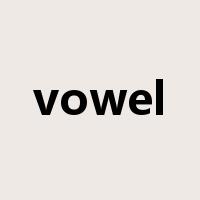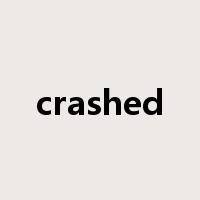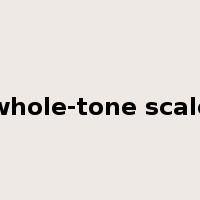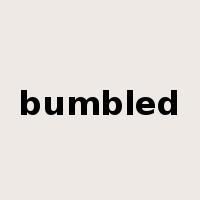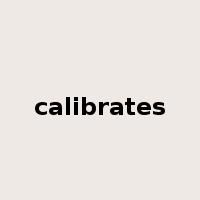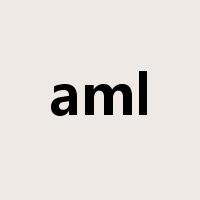vowel 双语例句
全部
1·Each language has a different vowel system.
每种语言都有不同的元音系统。《牛津词典》
2·The student was practising making a new vowel sound.
这个学生正在练习发一个新的元音。
3·Almost every language has an O vowel, a K consonant, and an A vowel.
几乎每一种语言都有一个 O 元音、一个 K 辅音和一个 A 元音。
4·Always end the name of your child with a vowel, so that when you yell, the name will carry.
你的孩子的名字要以元音结尾,这样当你喊他时,这样的名字会助你一臂之力。
5·The main difference is that Australians are used to speaking a little vaguely, and they emphasize vowel pronunciation.
主要的区别是澳大利亚人习惯说话有点含糊,而且突出元音发音。
6·Spanish Silbo, a whistle language, has only four vowel and four consonant sounds. Audible for miles, it resembles bird calls.
西班牙的席尔波语是一种口哨语言,只有四个元音和四个辅音。几英里外都能听到它的声音,它就像鸟儿的鸣叫。
7·The application instructs users to mimic 15 different vowel sounds and 16 consonant sounds to replicate received pronunciation.
该应用程序指示用户模仿15个不同的元音和16个辅音来重复接收到的发音。
8·The Greeks improved upon it and made it a true alphabet by taking some signs that they didn't need for their own language by turning them into vowel sounds.
希腊人将它改良,他们通过把一些他们自己的语言中并不需要的符号变成元音使用,使其成为真正的字母表。
9·The vowel in words like my and thigh is not very difficult.
在“”和“”这样的单词中的元音并不难发。《柯林斯英汉双解大词典》
10·At twelve weeks a baby smiles and makes vowel-like sounds.
十二周大时,婴儿会微笑,发出类似元音的声音。
元音
1·Each language has a different vowel system.
每种语言都有不同的元音系统。《牛津词典》
2·The main difference is that Australians are used to speaking a little vaguely, and they emphasize vowel pronunciation.
主要的区别是澳大利亚人习惯说话有点含糊,而且突出元音发音。
3·Spanish Silbo, a whistle language, has only four vowel and four consonant sounds. Audible for miles, it resembles bird calls.
西班牙的席尔波语是一种口哨语言,只有四个元音和四个辅音。几英里外都能听到它的声音,它就像鸟儿的鸣叫。
4·The vowel in words like my and thigh is not very difficult.
在“”和“”这样的单词中的元音并不难发。《柯林斯英汉双解大词典》
5·In non-initial syllables, there was more vowel reductions.
在非初始音节中,有更多元音弱化。
vowel 短语搭配
(1)vowel sound元音声
